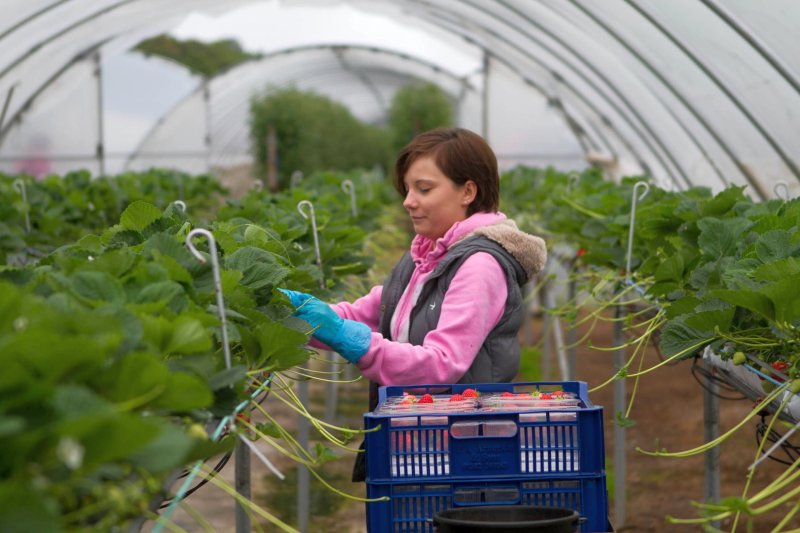
The government has today announced a package of measures to provide ‘certainty and stability' for the horticulture and poultry sectors.
As part of it, the seasonal worker visa route has been confirmed for 2025, with a total of 43,000 visas available for horticulture and 2,000 for poultry next year.
The government said the measure would be a boost to British farming businesses, many of which have seen a huge decline in seasonal workers.
Chronic worker shortages has been damaging for the industry, with approximately £60 million worth of crops lost in 2022 due to a lack of labour.
Food Security Minister Daniel Zeichner said: “Confirming the seasonal worker visa allocation for 2025 gives growers and producers certainty, allowing them to plan ahead and secure the labour they need to grow and thrive. "
Alongside this, the government said it was taking action to protect egg and poultry farmers from the impact of avian influenza.
Currently, when mandatory housing measures are introduced to protect poultry from bird flu, free range eggs can only continue to be labelled as such for 16 weeks after the housing order has come into effect – leading to costs for farmers.
But changes announced by Defra today will mean that free range eggs can continue to be labelled as such throughout mandatory housing measures.
This will be brought in through legislation due to be laid on 4 November, and is expected to take effect in January 2025.
A consultation on introducing similar measures for the labelling of free range poultry meat is also being launched.
Defra has also unveiled a new measure to boost fairness in the sheep supply chain by pushing through legislation to mandate sheep carcase classification and price reporting.
This measure would bring the sheep sector in line with the beef and pork sectors.
Mr Zeichner concluded: “This package of measures will support farmers by protecting our poultry producers from the impact of avian flu outbreaks and ensuring fairness in the sheep supply chain.”
